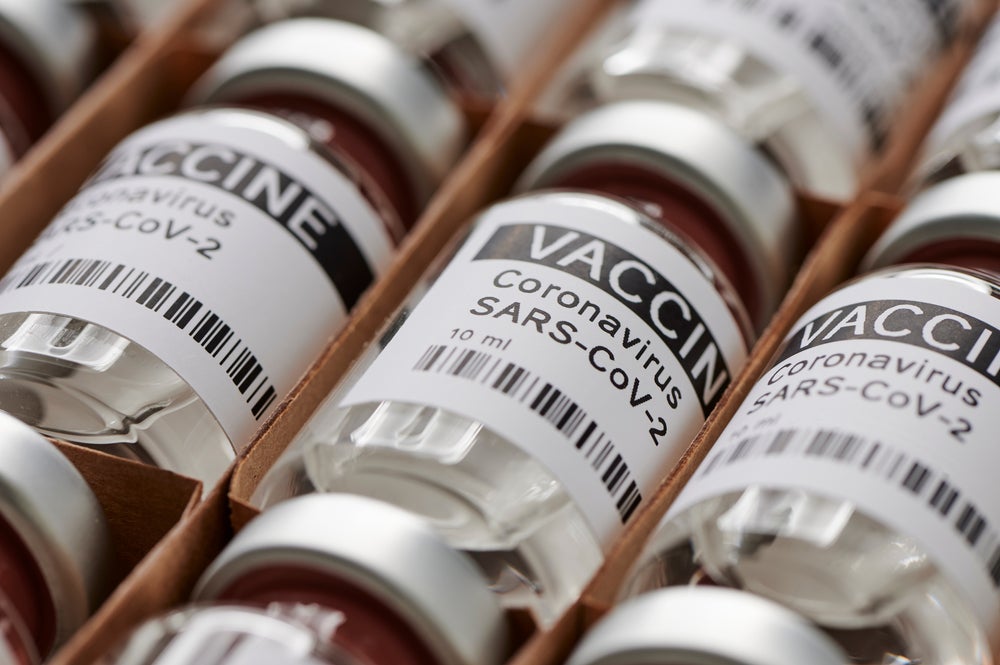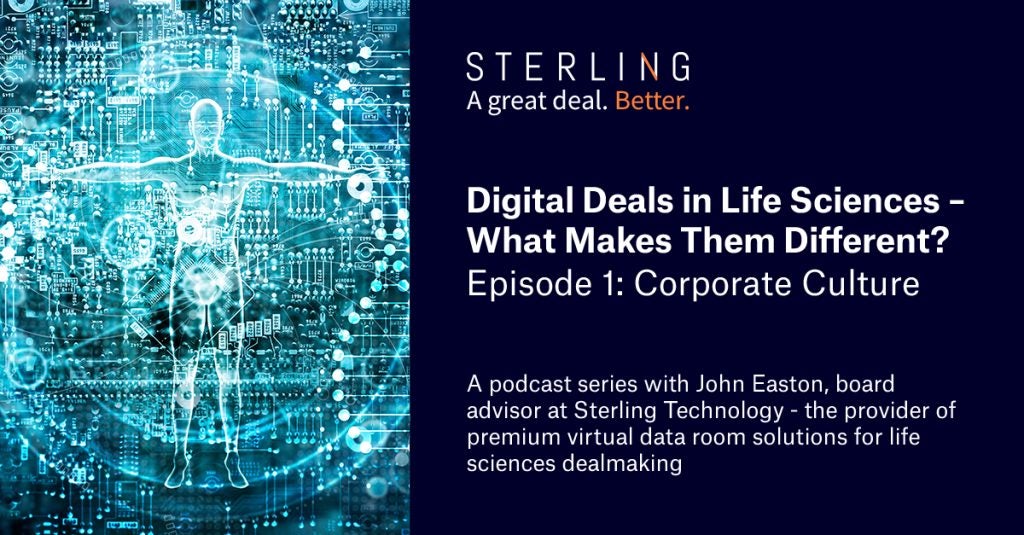
Pharmaceutical breakthroughs usually take many years, but the Covid-19 pandemic has shown us it doesn’t have to be this way. Companies such as Pfizer, Moderna and AstraZeneca have overcome the hurdles to get their candidates through Phase III clinical trials in record time.
Dr Stephen Morris is a research fellow at UCL, working to overcome inefficiencies in vaccine production. His colleague Dr Beatrice Melinek studies cell-free protein synthesis for making immunisations and other therapeutics. They spoke to us about whether speedy vaccine development will be here to stay after science extinguishes the coronavirus pandemic.
Natalie Healey: What is the focus of your research?
Stephen Norris: I have a background in developing production methodologies and used to work for a biotech vaccine development company. My main interest is vaccine production and translating the processes to low and middle-income countries.
Beatrice Melinek: I’m in the Future of Healthcare Manufacturing hub at UCL. My main focus is on cell-free manufacturing. This is a potential method to manufacture medicines in a more distributed way such as vaccines that use messenger RNA.
NH: How have Covid-19 vaccines been developed and trialled so much faster than normal?
How well do you really know your competitors?
Access the most comprehensive Company Profiles on the market, powered by GlobalData. Save hours of research. Gain competitive edge.

Thank you!
Your download email will arrive shortly
Not ready to buy yet? Download a free sample
We are confident about the unique quality of our Company Profiles. However, we want you to make the most beneficial decision for your business, so we offer a free sample that you can download by submitting the below form
By GlobalDataSM: There’s been a lot of things happening in parallel which normally happen in series. Usually, you go through the laboratory stage of producing a vaccine and show that it works. Then you scale up to a relatively small manufacturing process to make enough to do your phase one or phase two clinical trials. Only when you’ve got that data, do you start to transfer your process to a full-scale manufacturing capacity. With Covid candidates, there hasn’t been a wait to scale up. Thanks to the various government schemes which absorb the risk, the companies know they won’t go bankrupt if they’re not the one that produces the final vaccine.
BM: None of the vaccine technologies for Covid candidates are completely new. They are all things which were either pre-existing or were already under development. We needed that strong background in starting these things to be able to carry them through. Another factor has been collaborations and maximising resource sharing. Collaborations happen in normal times, but the number and range of partners and the rapidity with which they have formed is beyond the normal. Certainly underwriting the risk has played a major part – but I believe that many in the sector are also motivated to be part of the solution.
NH: What are the most exciting advances in vaccine development?
SM: Probably the most exciting technologies are the viral vectors [used for the Oxford-AstraZeneca Covid-19 candidate]. There’s only one licenced vaccine currently using that system, and that’s the Ebola vaccine. And then there’s messenger RNA. This will be the first licenced vaccine using that sort of technology.
BM: Messenger RNA vaccines have been previously used in fish and plants but never in humans until now.
NH: How can governments convince the public that Covid-19 vaccines will be safe?
SM: They need to express that the safety testing has not been rushed. One of the arguments I find quite convincing is that while there may be political pressure to move things faster, pharmaceutical companies have a longer lifespan than your average politician. And you can imagine the commercial disaster it would be for a pharma company to put this out if it was found to be unsafe. That’s not a risk any large company is going to want to undertake. Shortcutting the safety tests is not something that would happen for lots of practical reasons.
BM: I’ve had a number of conversations with people who don’t trust vaccines – who cite ingredients such as formaldehyde or suspect that the real motivation behind them is profit. I don’t know how widespread the public distrust of vaccines is, and therefore don’t know whether it is a major problem, but I think information on the vaccine candidates needs to be as transparent as possible and come from a range of sources.
NH: Will the lessons learnt from Covid-19 be applied to future vaccines?
SM: Now we’ve got RNA vaccines which are proven to work, there will be more vaccines that use that technology. But I don’t expect we’ll be able to make future vaccines at anything like the speed achieved for Covid, because we will go back to the commercial constraints of before. If people are not underwriting the risk, then manufacturers will go back to their risk-averse policies. And I would hate for people to come out with the impression that making a vaccine is easy and we don’t need to worry anymore. The Covid vaccines are based on technologies that have been developed over decades, so we were able to accelerate them. But if we’d not had those already fairly well advanced in the background, we wouldn’t have got there.
BM: RNA is a really interesting field for biotherapeutics in general. It will be good to see where the technology goes next. But knowledge, infrastructure and barriers encountered during vaccine development for Covid-19 need to be captured to prepare for the next public health emergency.




